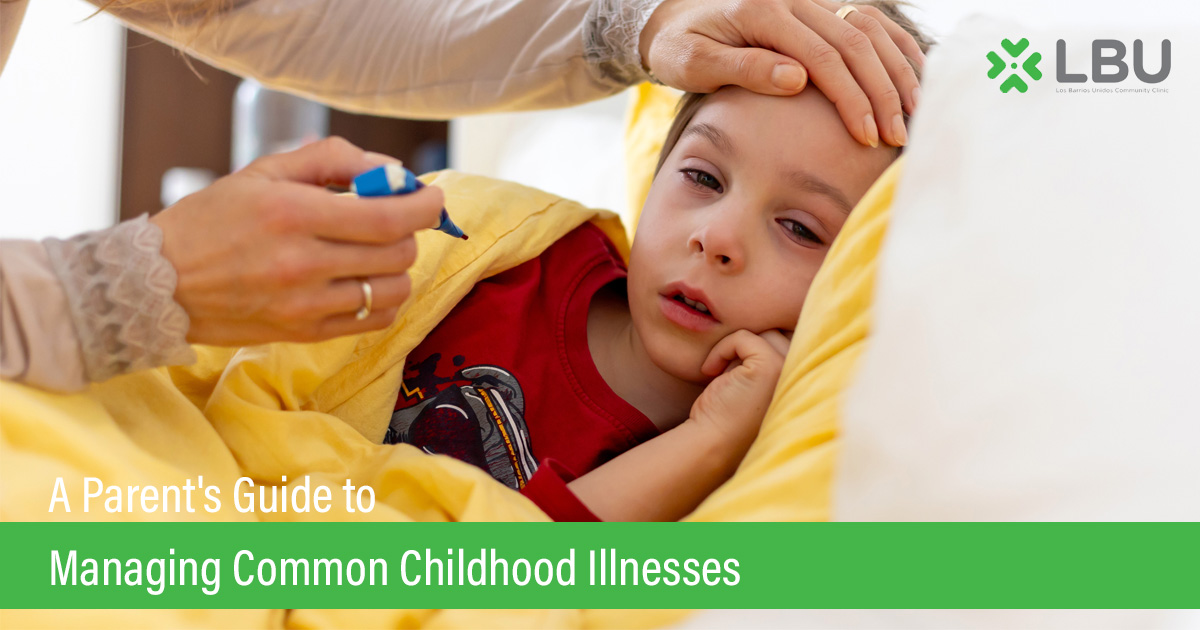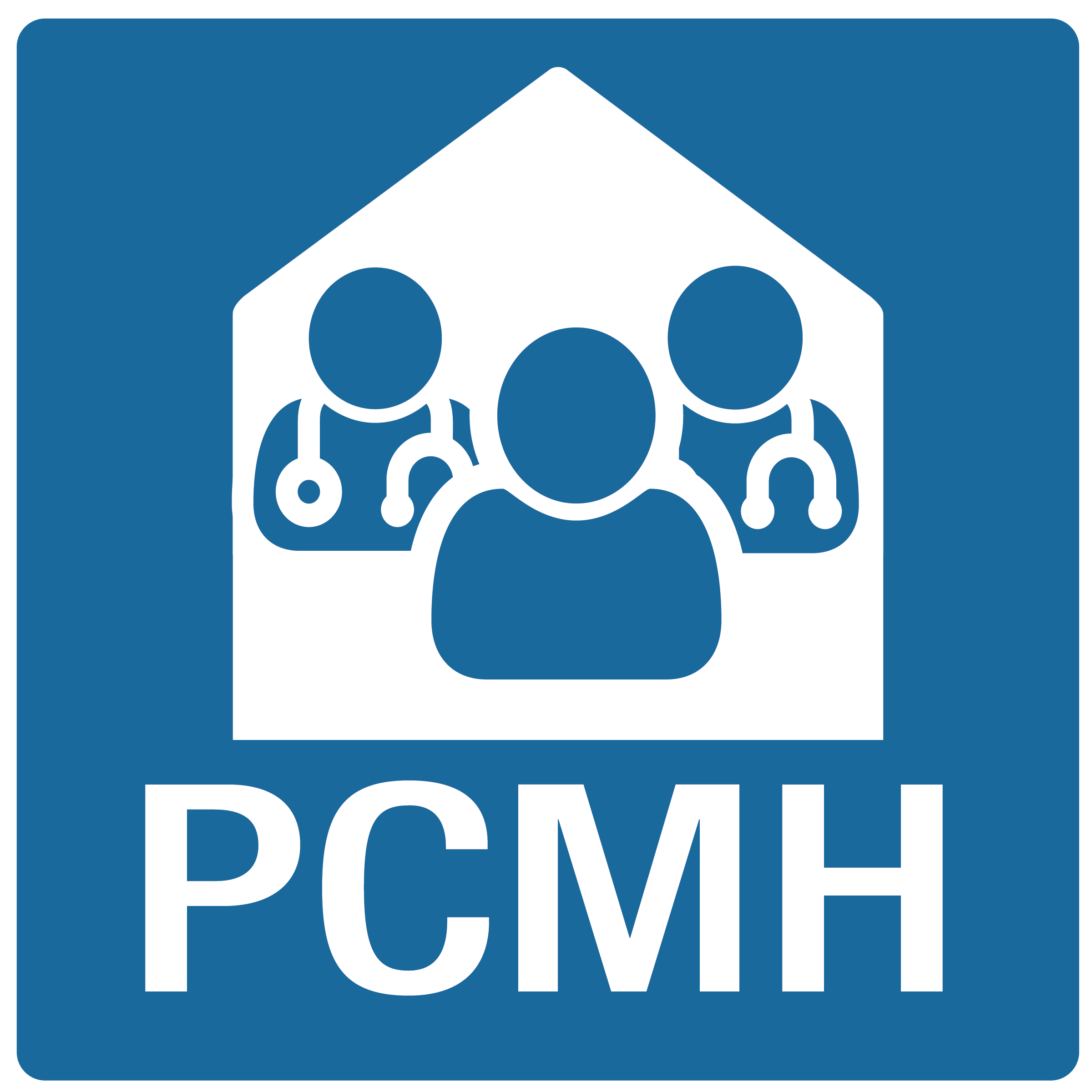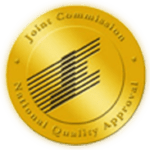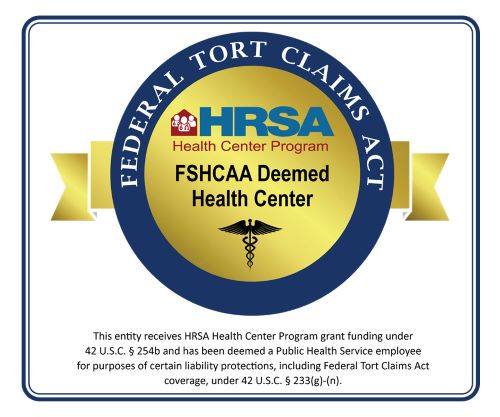
Common childhood illnesses are a normal part of growing up, but as a parent, it’s natural to worry when your child feels unwell. Understanding how to recognize, manage, and seek help for illnesses like colds, ear infections, stomach bugs, and skin conditions can give you peace of mind and help your child recover more quickly.
Symptoms: Runny or stuffy nose, sneezing, coughing, sore throat, mild fever, fatigue, or irritability.
How to Manage a Cold in Kids:
Symptoms: Tugging at the ear, ear pain, irritability, difficulty sleeping, mild fever, or fluid drainage from the ear.
How to Manage an Ear Infection:
Symptoms: Nausea, vomiting, diarrhea, abdominal discomfort, mild fever, dehydration.
How to Manage a Stomach Bug:
Symptoms: Red, inflamed, or dry skin, rash, blisters, and itchiness.
How to Manage Eczema and Skin Conditions in Kids:
✅ Stay Informed: Understanding common childhood illnesses can reduce worry and help you recognize serious symptoms early. Reliable resources like the American Academy of Pediatrics or the CDC can be great guides.
✅ Practice Prevention: Encourage regular handwashing, balanced nutrition, quality sleep, and routine vaccinations to help minimize risk and keep your child healthy.
✅ Trust Your Instincts: Always contact your child’s pediatrician if you’re concerned about their health or notice warning signs such as dehydration, breathing difficulty, or prolonged fever.
✅ Offer Comfort and Support: Helping your child stay comfortable with rest, hydration, and nurturing care can aid recovery and support emotional well‑being.
✅ Follow Medical Advice: Always adhere to prescribed treatments and complete any necessary courses of medication (such as antibiotics) to ensure effective recovery and prevent resistance.
While managing common childhood illnesses can be challenging, being informed and prepared makes a big difference. By recognizing early warning signs, knowing when to seek medical care, and providing loving support, you can help your child recover quickly and comfortably.
For more information about pediatric care services, including well‑child visits, vaccinations, and treatment for common illnesses, visit LBU Community Clinic’s Pediatric Services page.









